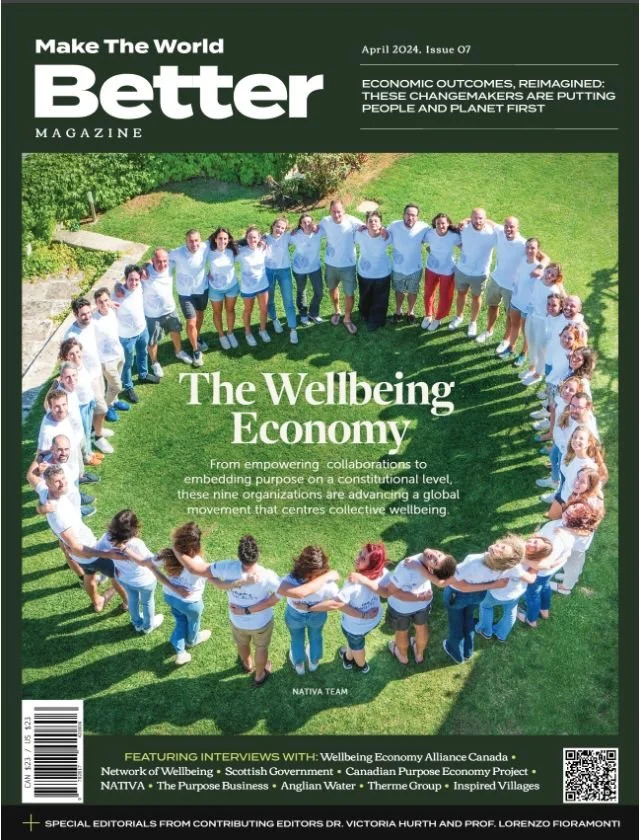The communications cure for Coronavirus: 3 paths to survival
One way that businesses are demonstrating effective responses to the painful disruptions and anxiety caused by coronavirus is through their approach to communication.
Whether through social media, press releases or e-mail newsletters, we are seeing more businesses coming out with empathetic messaging – whether cheering on frontliners, engaging staff or reassuring their customers.
The pandemic has reinforced the critical underlying importance of “S” in the environmental, social, and governance (ESG) aspects of business – the social dimension that, from our experience, usually came second to environmental. Now, corporates are quickly identifying both the risks and opportunities in social matters. External issues like maintaining demand and customer engagement, or internal such as job security, flexible work set-ups and boosting morale, are all impacting business operations and even long-term strategies. What some corporates perhaps failed to fully appreciate in the past is that effective integrated communications helps to enable and mobilise these rapid responses. This strategic and forward-thinking approach is critical to rolling out these plans - but often overlooked.
Pragmatic advice already exists on how to navigate this global health emergency through a comms strategy, but authentic, transparent and empathetic communications can go further in engaging people and possibly securing business continuity.
Authenticity in communications spells integrity
A lesson the crisis is teaching businesses is about cultivating trust and deepening key stakeholder relationships through empathy. More than ever, empathy is about understanding your audience and the surrounding social and economic issues that face them. This demands authenticity from companies by upholding integrity and living up to your company’s core values. For example, see how Solane, a liquefied petroleum gas brand in the Philippines, instrumentalised Filipino family culture to resonate and tug at the heartstrings of Pinoys for Mother’s Day in 2018. And more currently, Rags2Riches, a Filipino fashion and design house that utilises sustainable materials and employs local weavers, launched their latest collection in April while communicating their advocacy for fellow small businesses and solidarity with healthcare workers in need during the crisis.
Conversely, the increasing trend of consumer and investor activism, presents unique business opportunities to build better relations with stakeholders but can also pose real risks with lasting negative impacts. Remember Volkswagen’s emission scandal from 2015? Or notice how more and more companies are being called out to follow through with their declared climate commitments? Any inauthentic messaging could lead to loss of trust and declining demand for your products and services.
Communications also extends to the way we speak to suppliers, distributors, and merchants - the business partners who are often overlooked. In these vulnerable times, the way a company relates to them becomes very telling. Rent reprieves in malls, special tenant briefings on building safety and hygiene are small things that could define how companies, in this case the landlord or property manager, could act with empathy. Depending on how proactive companies are in building these internal and back-end relationships can determine whether they are seen as genuine community partners. Effective comms is not just about quick and timely dissemination of information (that is accurate and true), but also about listening to their needs. It brings humanity into what normally is a transactional email blast to tenants or a re-engagement contract to a supplier.
3 paths to empathetic and authentic communications
Listening to your stakeholders and responding in a timely fashion
What are your customers’ most pressing needs at the moment? How do you reassure your shareholders on your financial performance? How are your office employees adjusting to work-from-home and your factory workers with strict quarantine restrictions? For example, in response to mounting panic buying, the leading canned tuna brand in the Philippines Century Pacific released a statement on social media reassuring customers that there is no need to hoard and that will be enough food supplies to go around. Their campaign, #TheFilipinoCan, drives the message of solidarity home by focusing on the fact that citizens come together and fend for each other during times of crisis.Walking the talk – empathy as part of the corporate DNA and company culture
The public face of the brand should have the same voice of care and reassurance for those who are keeping the business running amidst a crisis. Part of being empathetic in your comms is giving your people – from higher-ups to staff on the floor, suppliers and business partners – a sense of solidarity. It also helps to show purpose as you work towards a common vision, and thus exemplify empathy and strong values, even if it may mean figuring things out along the way. For example, this ride-hailing app’s food delivery arm in the Philippines protects its riders from order cancellations with their #NoToNoShowCustomers policy.Integrated approach to address the bigger picture
Businesses have to address the big picture. This requires a comprehensive, integrated approach, so that companies can authentically communicate with all key stakeholders while showing them the role they play in positively impacting other stakeholders. For example, San Miguel, a Filipino conglomerate, tells the stories of their dedicated staff to the wider public through their #kwentongmalasakit (“stories of compassion”) campaign.
Charting the ‘new normal’ isn’t only about disaster preparedness, crisis management, and contingency planning. It’s about the way we communicate too—demanding authenticity and empathy in our messaging that should be delivered consistently across every stakeholder group, each and every time. Effective communication strengthens relationships with vital stakeholders to establish the trust and social license to operate needed to ensure long-term sustainability. After all, what are businesses without the people who run it and the people it serves?




